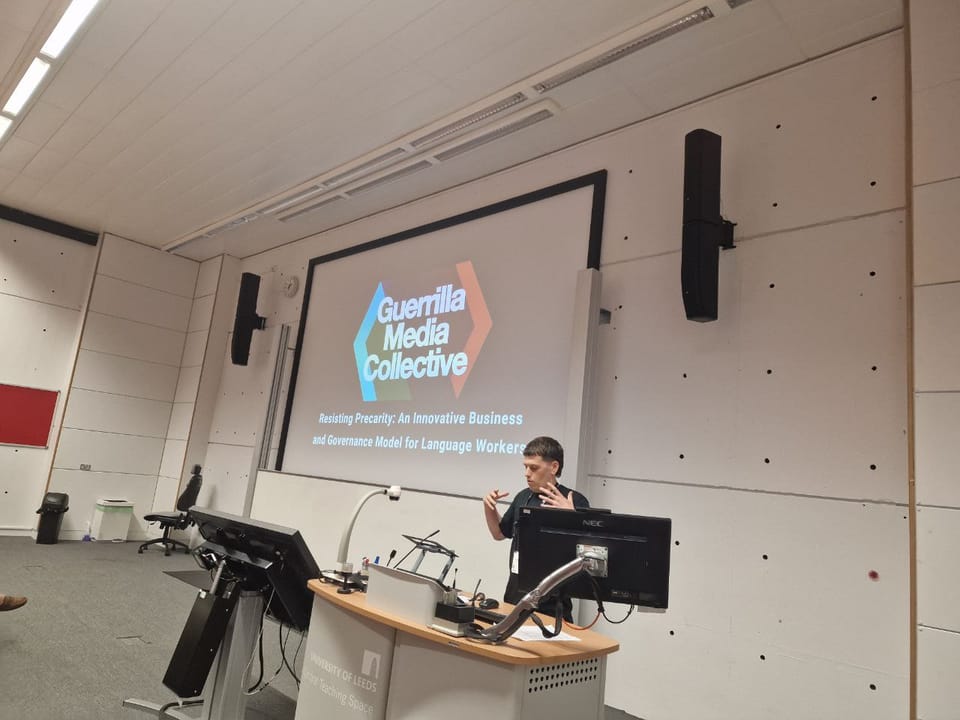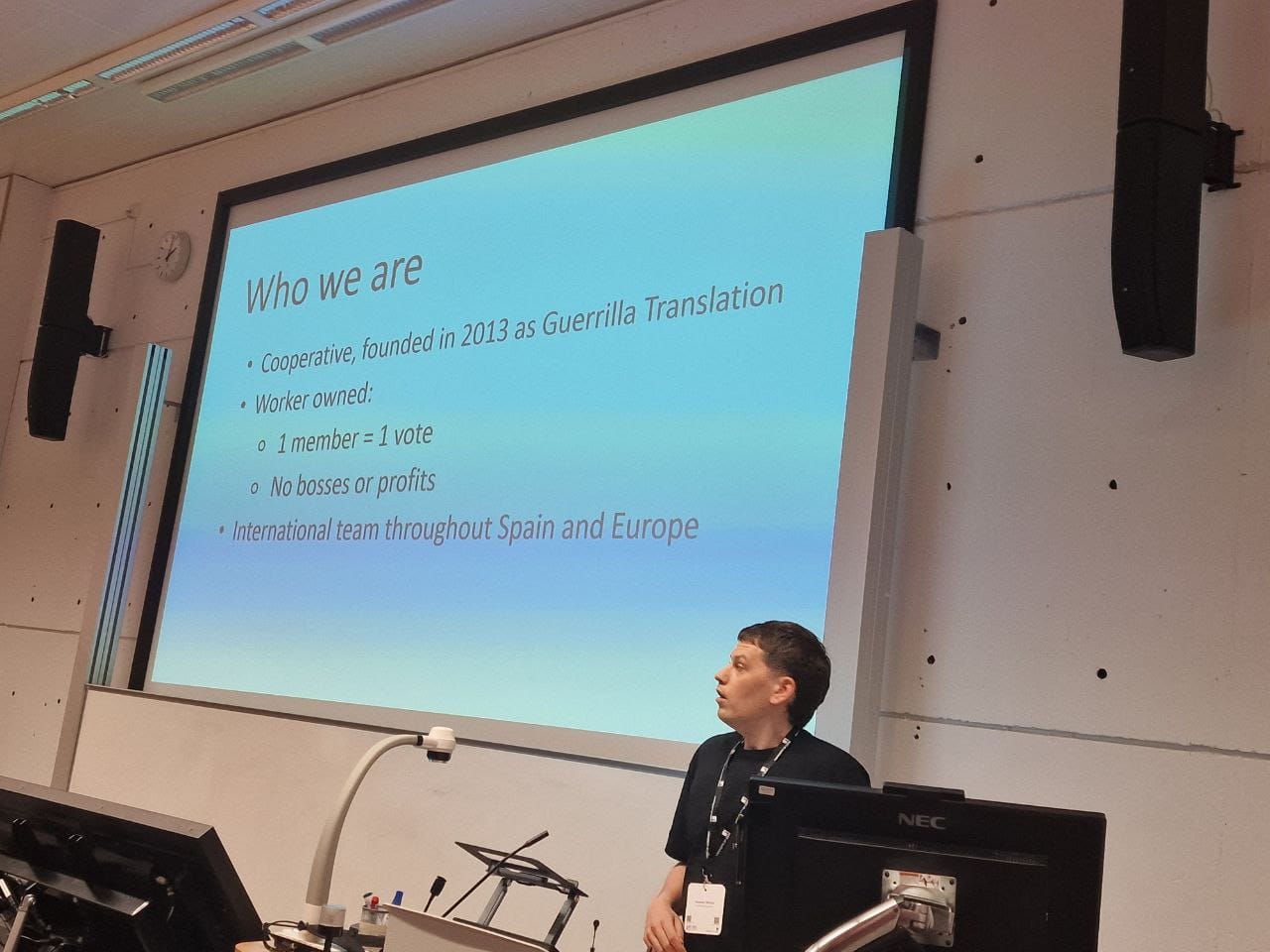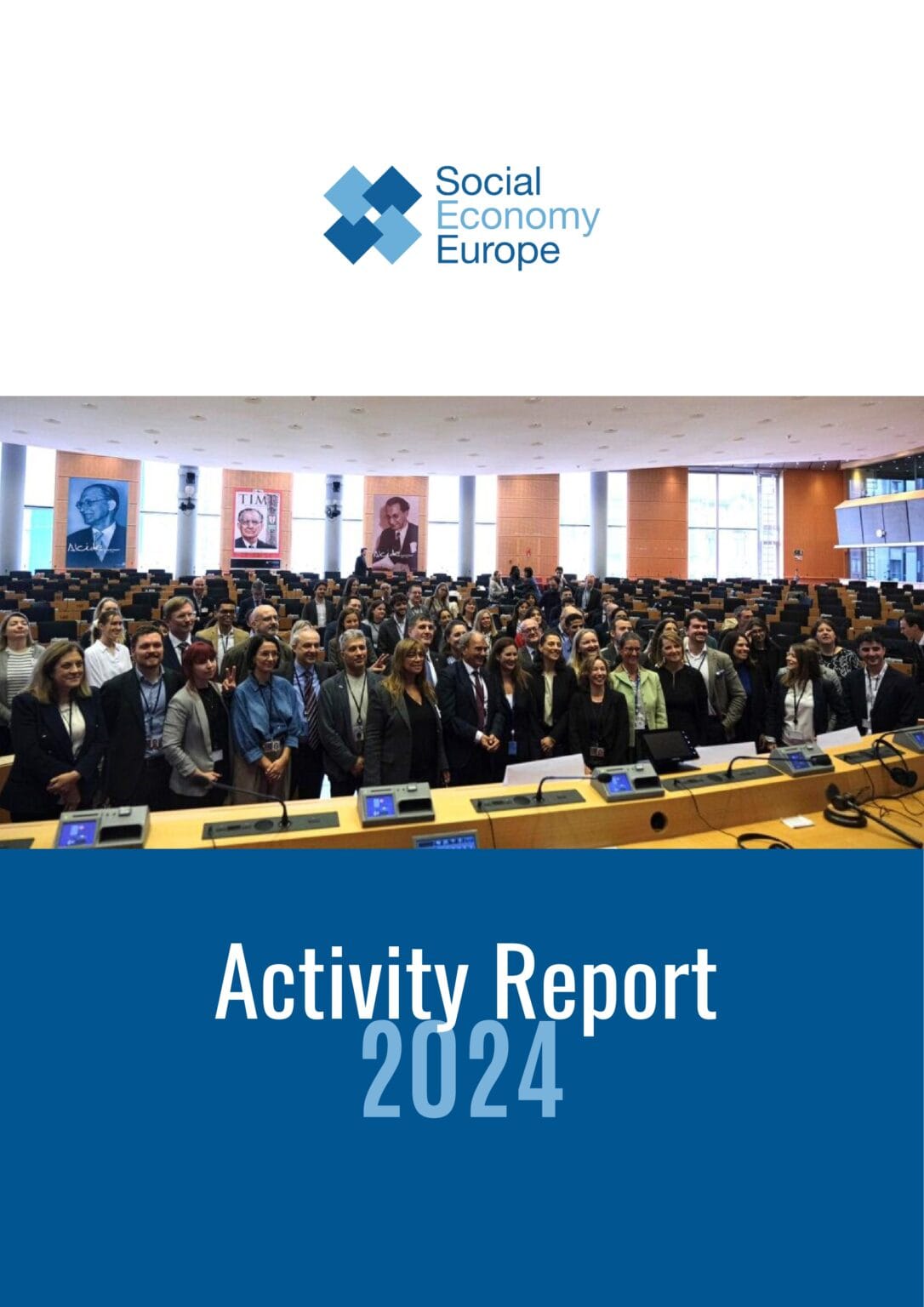# 6: We've been busy!

Despite our best efforts to slow down and enjoy the summer, we're wrapping up a hectic month at GMC HQ. The month's main activity was our presentation at the University of Leeds (see below), but we've also wrapped up a couple of big (and really cool) projects in team EN (also see below), while our Spanish team has been buried in their own book and report translations.
While we promised this newsletter would not be "polyrhythmic" like our previous one, circumstances have acted against us in recent months – the rhythm has shifted from strictly publishing on "the second Thursday of the month" to "a Thursday or Friday in the month".
We'll get it back on track after the summer, but for now, we have BIG UPDATES.
EST Congress at the University of Leeds
On Wednesday 2 July, I spoke at the 11th European Society of Translation studies congress in Leeds. It was a wonderful day, and a surreal one because the congress took place in the university where I studied back in the day. The keynotes and roundtables were actually held in the lecture theatre where I had my very first class, and it was entertaining to see hundreds of academics getting as lost as I once did in the Brutalist masterpiece that is the Roger Stevens Building, where the rooms and floors are incoherently numbered and each row of seats has its own door. It also, obviously, fell to me to find a pub that was open after the events wrapped up – no mean feat outside of term time, though I did manage in the end.

While I've done it a lot already, I'd like to thank Gökhan Fırat for inviting us to speak on his panel. There was a plenty of doom and gloom surrounding AI, the platform economy and the future of the translation industry, but a lot of people I spoke to after my presentation seemed to appreciate hearing something positive from someone outside academia. It was a pleasure and a privilege to be given such a platform to speak about what we do, and to show that there are people out there doing things in a different way.
Instead of dedicating this entire newsletter to the event, we've written a separate article going about it, which you can read here. We also touched on the content of our presentation in our previous newsletter, and I've even made a video of the presentation for you to enjoy! (👇down here 👇)
The congress had a tight 15 minute limit, so let's call this the director's cut.
Social Economy Europe annual report
We've not just been jetting off for fun in the sun at an academic congress on the costa del West Yorkshire – this month also saw the publication of Social Economy Europe's 2024 annual activity report. As members of the social and solidarity economy ourselves, we're big fans of the tireless work of Sarah de Heusch and her team, but we're not just cheerleaders: we wrote the report, and you can read it here (complete with our logo on the second page).

We're very grateful to Sarah and the SEE team for entrusting us with this work, and the report looks amazing. While Brussels politics can often seem quite distant and abstract, the work that groups like SEE do is vital: they keep Social Economy interests at the forefront of EU politics, and this translates into tangible outcomes like funding and better legislative frameworks for people like us.
Goodbye wiki, hello handbook!
Ever since I joined GMC in 2022, the words "update wiki" have lurked on our weekly reminder and to-do lists. Well no more, because we're taking the bold step of deleting the wiki in its entirety and replacing it with an extensively reworked version of our handbook.
Our reasoning is simple: there aren't enough of us to reliably keep an entire wiki updated, so most of the information on there was veeeery outdated.
At our in-person meeting in Burgos earlier in the year, we decided that a static document would be a much clearer, more manageable way to explain who we are and how we work. The handbook is, in many ways, like a mini-wiki: our governance model is constantly evolving, so it will get reviewed and updated every once in a while, and it's also filled with internal links (just like a wiki).
It's worth highlighting that we've taken great lengths to avoid throwing any babies out with the bathwater. We adapted entire wiki pages for the handbook, and we've all got backup copies of the wiki in case we need it in the future.
You can access the new handbook at this link, currently in its "beta" version. This means the information is all there, but for now it's essentially a block of text (and probably in need of a good proofread). We're working on a final, "pretty" version, which will include some cracking new visual materials and smoothed out writing, but that won't happen until after the summer. For the next month or so we're all planning to close our laptops for a while, and ideally spend time sitting still outdoors, drinking an assortment of cold beverages next to a large body of water.
